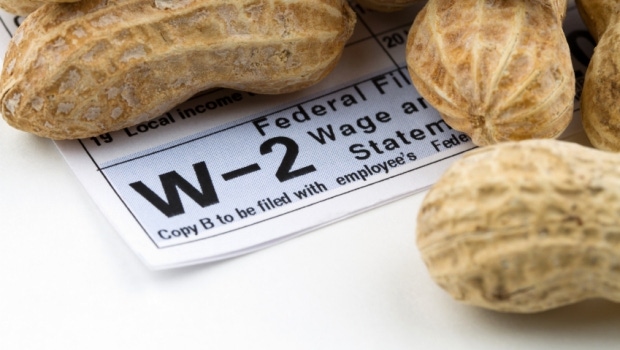The Minimum-Wage Increase: How Will Your Self-Storage Business Be Affected?
As 20 states and the District of Columbia ushered in minimum-wage increases in January, self-storage operators might be wondering how this will affect their bottom line. Industry professionals offer their thoughts.
February 10, 2015

By Tanya Rutledge
Reprinted with permission from "The Storage Facilitator" blog.
As 20 states and the District of Columbia ushered in minimum-wage increases in January, self-storage operators might be wondering how this will affect their bottom line. For some, it’ll simply be business as usual.
The federal minimum wage, last raised in July 2009, is $7.25 per hour. In his 2013 “State of the Union” address, President Barack Obama suggested raising the wage to $9 per hour. Later in the year, he proposed bumping it to $10 by 2015. Although his proposal didn’t gain traction, many states have since increased their minimum. A Gallup poll taken in November 2013 found that 76 percent of Americans favored raising the federal minimum wage to $9 per hour.
Phoenix-based Cox Armored Mini Storage Management, which operates 19 storage facilities in Arizona, already pays its 75 employees above minimum wage, according to company president Diane Gibson. On Jan. 1, Arizona’s minimum wage jumped 15 cents to $8.05 per hour. Most of Gibson’s employees earn at least $9.50 to $10 an hour, an amount she thinks is fair based on the demands of their jobs.
“If I have a $4 million facility, I should be paying someone at least $10 an hour to be in charge of it. These employees have so much responsibility,” Gibson says. ““I know there are some operators [who] are paying employees minimum wage, but I believe the majority of the operators are pretty standard in paying higher than that.”
According to Gibson, state-level hikes in the minimum wage will affect self-storage facilities that employ younger workers, typically those in high school or college. Cox tries to hire employees who have more experience. “I want to hire somebody [who] has the right maturity level to run a facility,” she says. “When you look to hire that quality of [person], you are going to have to pay [him] more.”
Gina Six Kudo, general manager of Cochrane Road Self Storage in Morgan Hill, Calif., agrees. Her employees already make more than California’s minimum wage, which rose to $9 an hour in July and is now $10 an hour. “Could you live on $7, $8 or $9 per hour?” she asks. “That’s hard to do.”
In a guest article she wrote for the Inside Self-Storage “Storage Speak” blog, “The Dirty Little Secret of Self-Storage Salaries,” Kudo acknowledged that many operators will need to make adjustments when minimum wage increases take effect this year and next. “I do think there will be some people scrambling,” she adds.
Bob Copper, owner of consulting firm Self Storage 101, says he’s advising his clients to review their payroll budgets in case they need to bump up pay for workers earning minimum wage. However, most self-storage operators already pay more, he says. “This is such a manager-centric business, and the quality of the person behind the counter matters.”
One of the long-held arguments for paying wages on the lower end of the spectrum is some self-storage managers receive onsite housing as a benefit. “It is sort of an old-school thought that you even have to have an onsite manager,” Kudo says. “It benefits the operator more than anything to have someone there at all times. The way we look at it, we want to treat our people fairly and respectfully. It’s just part of our culture.”
Tanya Rutledge is a freelance writer who contributes regularly to SelfStorage.com and SpareFoot.com.
You May Also Like





